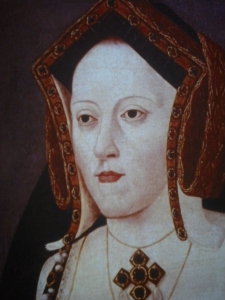(History according to random Wikipedia generations)
Beginning of Time-480 Absolutely nothing happened. Apparently.
480-484 (either BC or AD I can’t know, since those easily recognizable designations stopped being used in favor of less uniform, more confusing standards)Emperor Seinei is Emperor. Of Japan. While Wikipedia names an entire section “Legendary Narrative”, leading researchers to expect the description of something fascinating, Wikipedia goes on to state “there is an overall paucity of information about him”. The writer goes on to demonstrate that paucity and neglects to mention anything of particular note about Emperor Seinei.
773-777 Flaithri mac Domnaill ruled Connacht from the Ui Briuin branch of Connachta. He belonged to the sept of Sil Cellaig of Loch Cime. No one knows what these words mean or what place this happened in. Experts are pretty sure all of this was made up for an episode of Star Trek. Domnaill either restored the law of Ciaran of Clonmacnoise or had it forcibly restored upon him, depending on how you read the sentence about it.
777-1192 Either nothing happens or Wikipedia does not seem to be interested in those things. Here is a picture from a book I like to make up for the lack of anything happening. I don’t really like this picture, but as I said, the book is neat. I recommend you buy this book and see how many better pictures are in it than this one:
1192 A priest was murdered at St James’ Church in Longborough, England. Apparently nobody cared about the priest enough to write down his name or why he was murdered. But surely he rests in peace knowing that he did matter for people to vaguely remember the very fact that he existed.
Incidental: Plate-billed Mountain Toucan exists in Ecuador and Colombia. Its existence is not, however, easily pinned down to particular dates.
1842 Charles Henry Parkhurst is born. For many years he lived and did some stuff, mainly in Massachusetts. He was some kind of pastor, and the words “Tammany Hall” were evidently used frequently in relation to things he did and things that happened to him. In 1933 he died by sleepwalking off his porch roof, proving that even the most boring of humans do something interesting at some point in their lives.
1918 Osmania University was founded. While Canny Gal researchers noted the location of this university to be in India, the article seemed to contain a lot of long and foreign words, which were hard to discern as belonging to either places or people. However, it’s a mildly interesting looking place. Look.
1920 John Mantley is born. He was an actor from Canada. Several times Wikipedia distinguishes which roles of his were performed in “legitimate theater” while neglecting to describe the alternative to “legitimate theater”. Researchers speculate that he perhaps dabbled in porn. Please note that these “researchers” are not well-respected, had never heard of John Mantley before approximately 3 minutes ago, and don’t really know what they are talking about. Just seems like porn is the logical alternative to “legitimate theater”.
1933 Canada’s ice-hockey Allan Cup is awarded. To a team. Absolutely nobody cares about this or has ever cared about this. I was going to show a picture from National Geographic that I liked, but the June 2007 issue that I have on hand only has pictures of glaciers and bats in it and none of them are really that cool. Let’s see this guy again.
Incidental: Plate-billed Mountain Toucan continues to exist.
1962 Prasanna Vithanage is born and proceeds to make films. “His most recent film Akasa Kusum” ran for a record 77 days in Sri Lanka.” Researchers are unsure as to whether or not the film lasts 77 days or was played consecutively for 77 days. As a side note, Prasanna kind of looks like a muppet. Which could be a good thing, as most muppets have been very successful in their own film careers.
1974 The National Parks and Wildlife Act of 1974 protects the Chestnut Teal “dabbling duck” in Australia. Why does History think birds are so important? Prestigious historical scholars may never know.
2008 Willie’s Wonky Chocolate Factory, not to be confused with Willy Wonka’s Chocolate Factory, is a television documentary that aired in March of 2008. Willie’s Wonky Chocolate Factory has absolutely no singing or dancing in it, no promise of golden tickets, no funny fat kids, no glum/poverty-stricken families in it, and absolutely no Gene Wilder. Critics agreed that the inclusion of any of those things would have made it a lot more interesting.
2010 The Oklahoma Legislature authorized the Oklahoma Turnpike Authority to study the construction of a turnpike. Historians (or “historians”) thought more interesting things would be happening in 2010.
Conclusion: many things have happened. A lot of them have happened in England, India, and surprisingly, The Netherlands. A great many occurrences are sporting events. Most things that have happened are not very interesting to learn about, although they may have been interesting to the people experiencing them at the time. Birds exist. Places exist. Warships have and do exist, although many stopped existing when they got crashed or blown up. Unfortunately for mankind it is likely that more interesting things have happened and not gotten written down than interesting things have happened and gotten written down. Most unfortunately of all, way, way too many boring things have happened and gotten written down, and been disseminated to the public who likely care nothing about them. Observe:
*This is only true in the sense that I have temporarily stripped every word in the title from its “traditional” meaning.

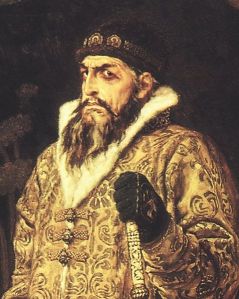
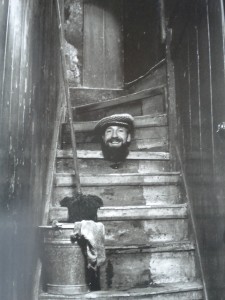

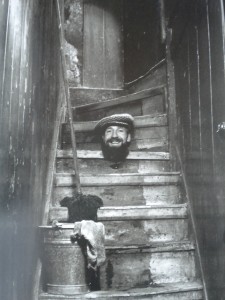
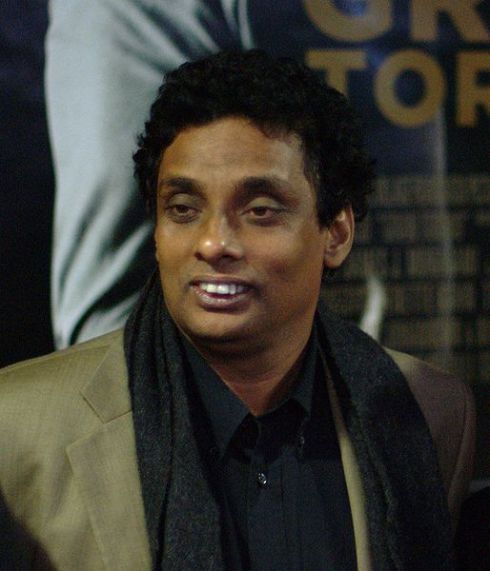
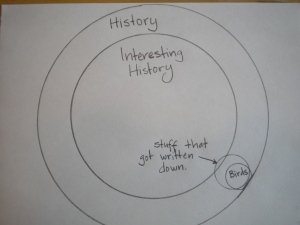


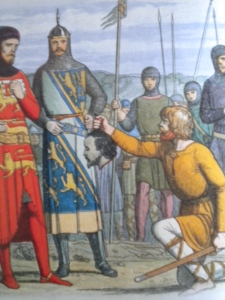
![Photo[11]](https://cannygal.files.wordpress.com/2011/07/photo11.jpg?w=225&h=300)
